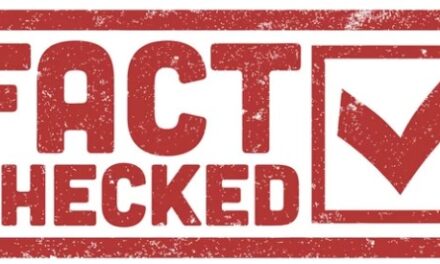The Rise, Fall and Future of Kokoda Tourism
On 12 March 2020 we received an email from Kate Michelly, Senior Program Manager. Australia Office for Oxford Policy Management (UK) ‘regarding a review of the Australian Government development program components of the Kokoda Initiative funded by the Department of Foreign Affairs and Trade.’
Ms Michelly advised that ‘the Australian High Commission has engaged Oxford Policy Management (OPM) to conduct an independent review into the effectiveness and relevance of Australia’s support to the Kokoda Initiative Partnership’ and that ‘the major focus of the review is ‘learning to support improvement of delivery and provide recommendations for future options for further support of the Kokoda Initiative.’
That attached briefing note advised that ‘the overall goal of Kokoda Initiative Program (KIP) is to support the Government of Papua New Guinea to keep the Kokoda Track open, safe and well-managed. This support is provided through three pillars focusing on: the Track, the People and the Environment.’
The briefing note went on to advise: ‘The review will look backwards to identify what Australia has achieved in terms of development outcomes in the Kokoda Region. It will then look forward, to support DFAT and partners to identify how the Kokoda Initiative design should respond to the evolving Papua New Guinea political environment, the mix of implementing partners and possible delivery modalities. Based on this high-level objective, the review will address three purposes:
- Purpose One: Assess the efficiency and effectiveness of the Australian Government funded activities across all three pillars of the program.
- Purpose Two: Assess if the three pillars have been the best means to achieve the social and political objectives set out in the Initiative’s design.
- Purpose Three: Make an assessment on what aspects of the current design remain relevant and which aspects of the program should be adapted in a possible new investment design.’
The review team comprised:
- Team Leader: Simon Brook, an evaluator, with wide experience across sectors including gender and inclusion, voice and accountability, and institutional strengthening;
- Monitoring Evaluation and Learning (MEL) Expert: Scott Bayley, a MEL professional with significant experience of DFAT MEL standards and provision of MEL expertise within PNG; and
- Evaluation and PNG Public Sector Expert: Dr. Maretta Kula-Semos is a senior researcher, evaluator and performance auditor within the Papua New Guinea tertiary education sector.
It was advised that the review team would be in PNG for 11 days from 9-20 March 2020 and would complete their final review report by 8 May 2020.
The Oxford Policy Management team seemed to know little about PNG or the reality of Kokoda tourism. Their knowledge was further hampered by their failure to trek across the Kokoda Trail to seek to understand the two key stakeholders in Kokoda tourism i.e., Australian tour operators who generate the income for the industry and traditional landowners across the Trail.According to the Oxford Policy Management report on this link, the key stakeholders in Kokoda tourism are:
- PNG Government Department of Environment and Conservation (3-4 Staff)
- Australian Government Department of Foreign Affairs and Trade (including in relation to its function to deliver the Australian aid program) (3-4 Staff)
- PNG Government Kokoda Track Authority (1 CEO plus 3-4 Board members)
- PNG Government Tourism Promotion Authority (2 Staff)
- PNG Government National Museum and Art Gallery (1 person)
- PNG Government Department of National Planning and Monitoring (1 person)
- PNG Government Department of Provincial and Local Government Affairs (1 person)
- Central Provincial Administration (2 people)
- Northern Provincial Administration (2 people)
- Sohe District Administration (1 person)
- Hiri District Administration (1person)
- Koiari Rural Local Level Government (1person)
- Kokoda Rural Local Level Government (1person)
- PNG based Tour Operators (2-3 operators)
- Communities along the Kokoda Track (1 meeting, multiple people)
- Kokoda Track landowners
The Oxford Policy Management-Cardno report is therefore based on an 11-day consultation period with a maximum of 25 people who had never trekked across the Trail or had any expertise in commercial business management, pilgrimage tourism, or the needs of village-based landowner communities.
This provided a timely opportunity to compare the outcomes of their 2014 review with 2020 – this report reveals there were no outcomes -apart from a financial windfall for the consultants!




